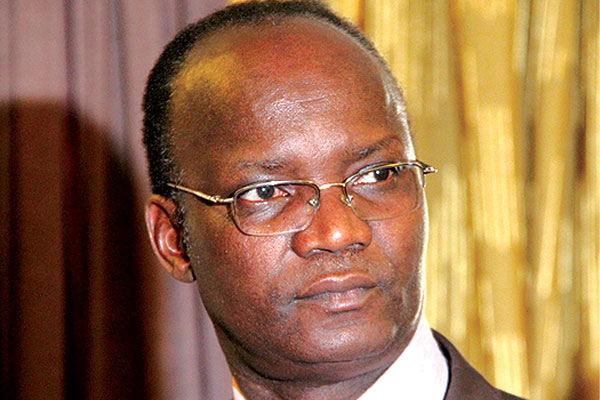
BY SILAS NKALA
Exiled former Higher Education minister Jonathan Moyo has claimed that the Unity Accord, signed in 1987 between Zanu PF and PF-Zapu, misled victims of Gukurahundi into believing that a solution for the genocide had been found.
“In particular, the problem has been with us for 34 years since 1987 when many Zimbabweans, especially those who were affected by this problem legitimately thought that the historic event of the 22nd December, 1987 meant that a solution had been found,” Moyo said on Tuesday evening during a virtual meeting to discuss ways of bringing finality to the Gukurahundi issue. The meeting was organised by pressure group Ibhetshu LikaZulu.
“They interpreted the Unity Accord as a paradigm for a solution, but sadly, today we are discussing the solution, but not just a solution but one whose effect would be long lasting or everlasting.”
On panel with Moyo were Reverend Ray Motsi and independent consultant Samukele Hadebe.
Moyo said the Gukurahndi issue could have been resolved long ago if authorities were committed to bringing closure to the matter.
He argued that the country should find a long-lasting solution to the problem in order for the victims to get justice.
“The solution must include holding to account the perpetrators of the massacres during which over 20 000 people were killed by State security agents between 1983 and 1986 leading up to the accord.
- Chamisa under fire over US$120K donation
- Mavhunga puts DeMbare into Chibuku quarterfinals
- Pension funds bet on Cabora Bassa oilfields
- Councils defy govt fire tender directive
Keep Reading
“We also need to find a lasting solution in order to enable the victims the opportunity to heal, they cannot heal without a lasting solution,” Moyo said.
“Their wounds have been open for 34 years and in general, 41 years and only a lasting solution can bring closure in their wounds.
“Finally we must find a lasting solution in order to enable especially our communities to reconcile.
“Reconciliation is not possible without a lasting solution.”
Moyo said it was not possible anywhere in the world to resolve a genocide such as Gukurahundi without some kind of truth commission.
“It is notable that after 34 years, in Zimbabwe our body politic has failed to appreciate this seemingly straightforward fact that a journey of a thousand miles starts with the first step and it is important that you do not take a false step away from your destination,” he said.
“In resolving genocide, the first step that Zimbabweans have failed to take, perhaps some have refused to take, others have ensured that it is not taken, is truth telling.”
He said a report by the Chihambakwe Commission of Inquiry into the killings has remained a secret.
Moyo said while in government, he tried to look for the report even in 2017, but failed to locate it.
Moyo warned that the government was running out of time to solve the issue peacefully.
- Follow Silas on Twitter @silasnkala











